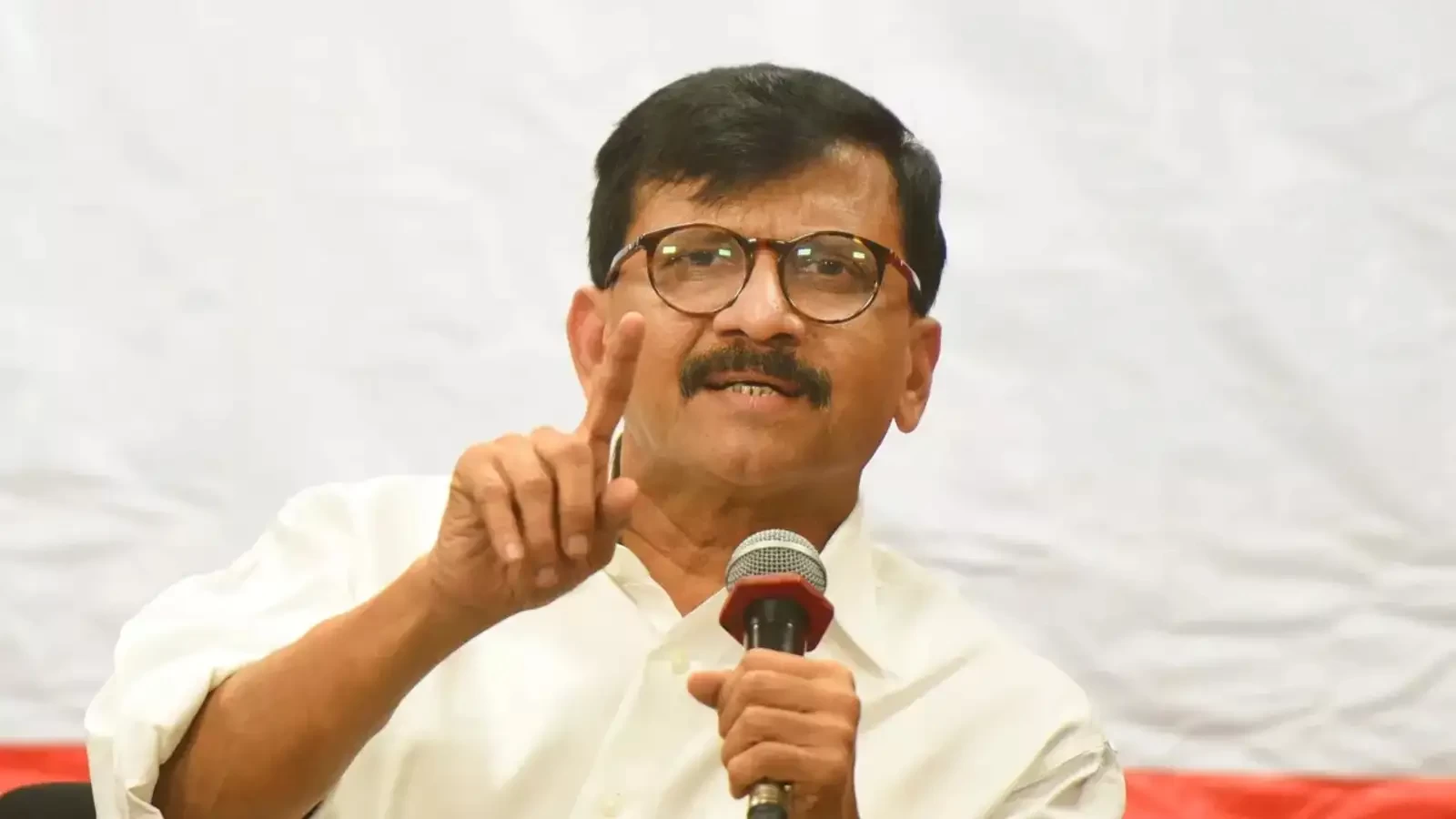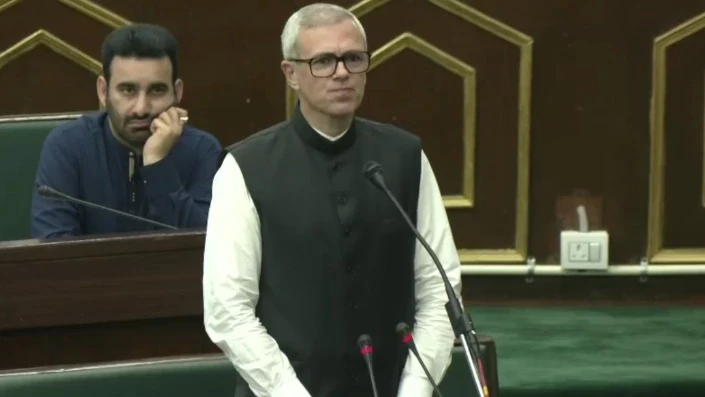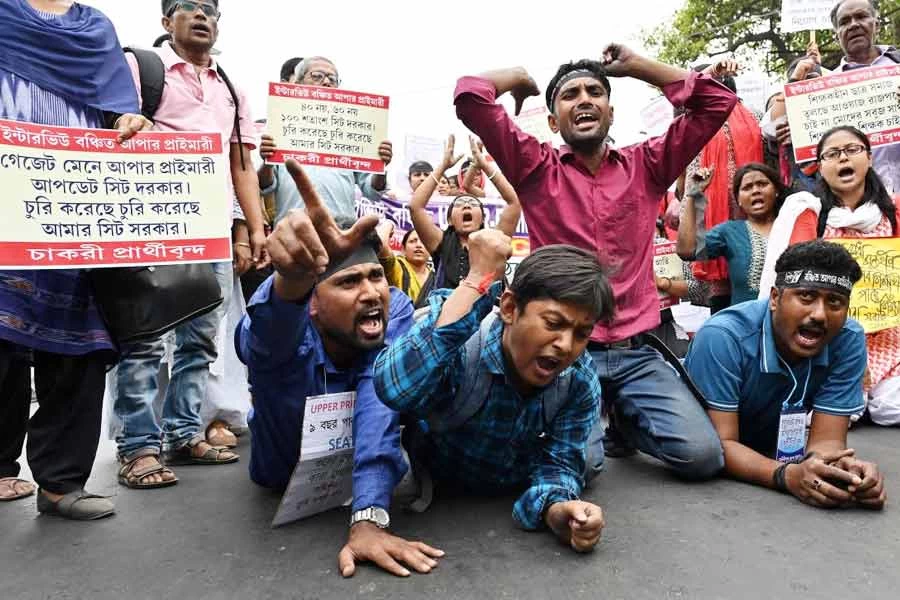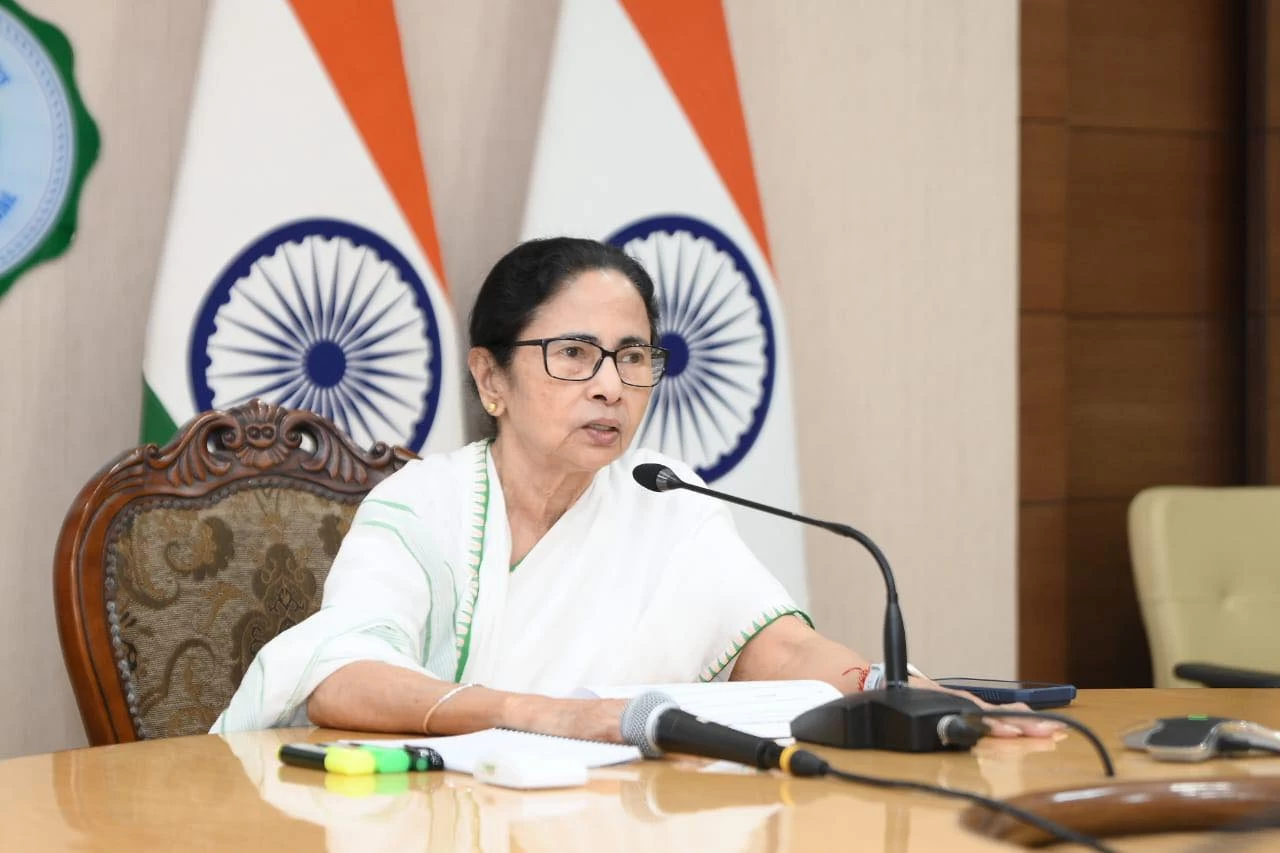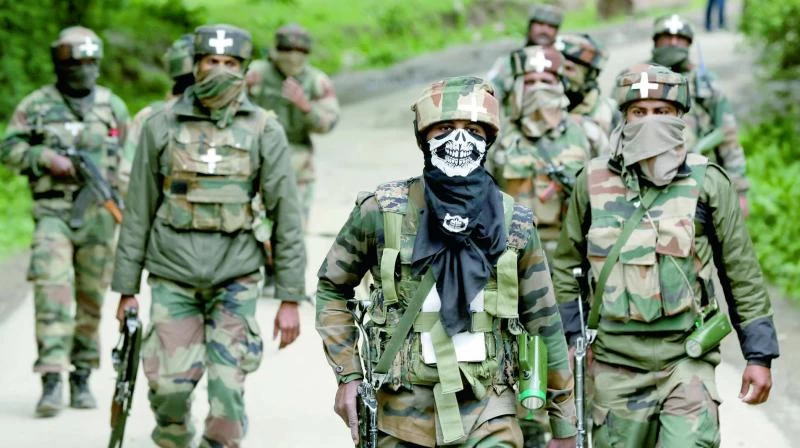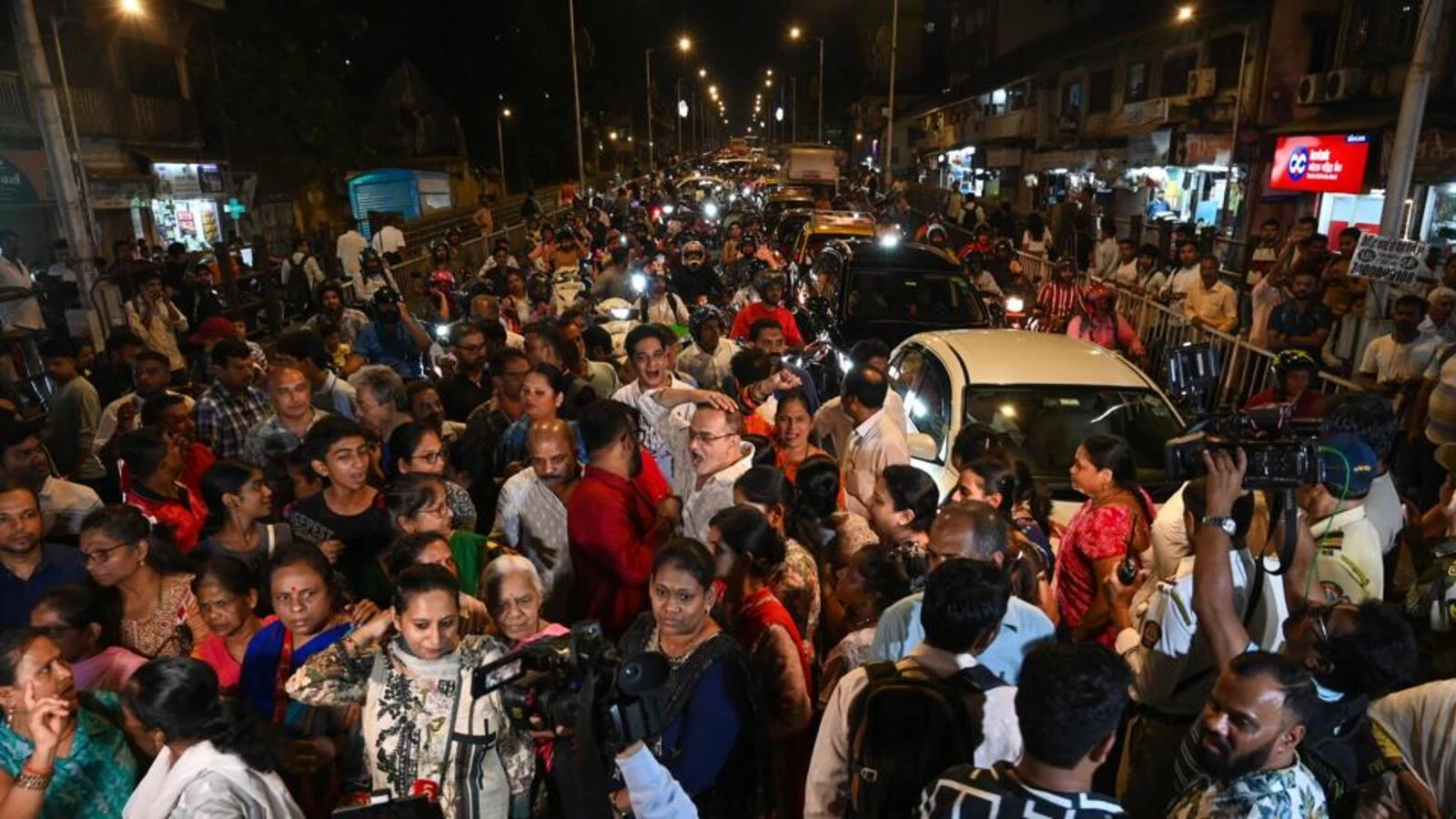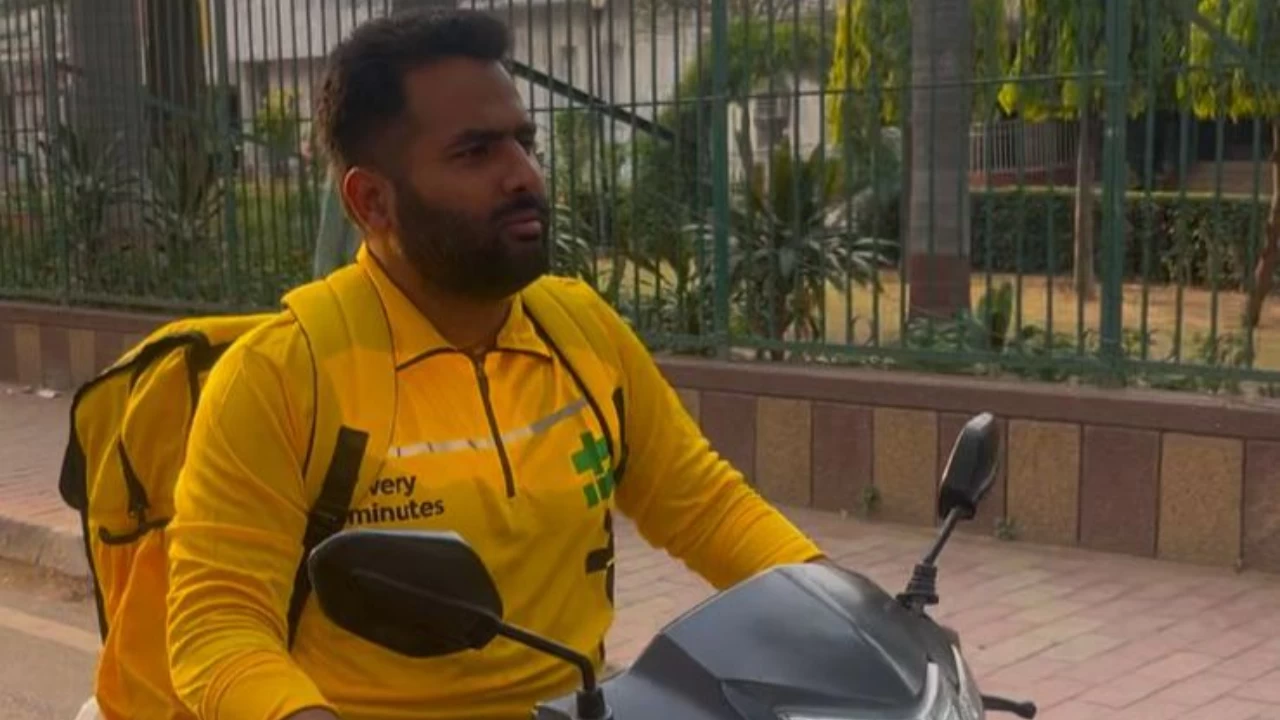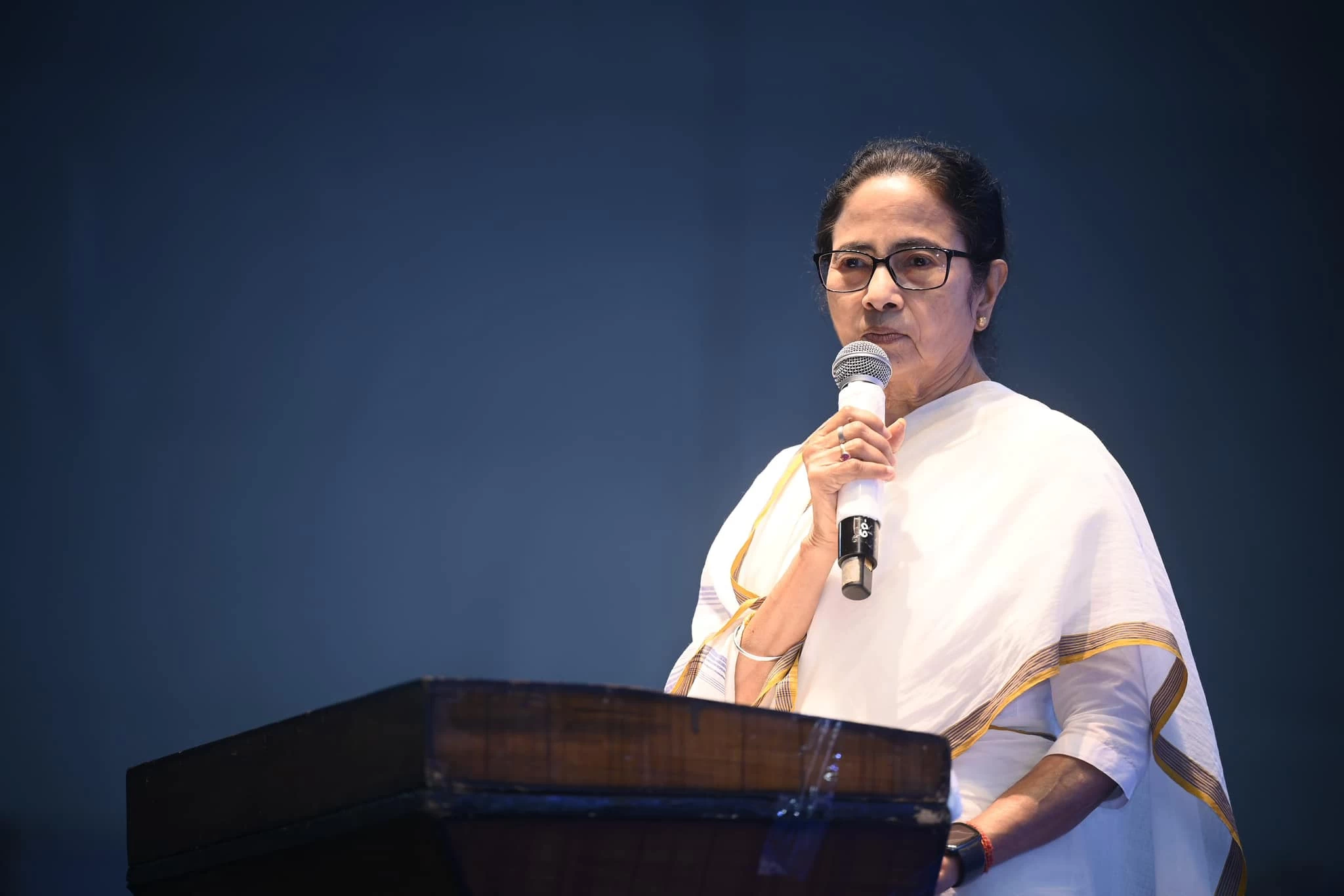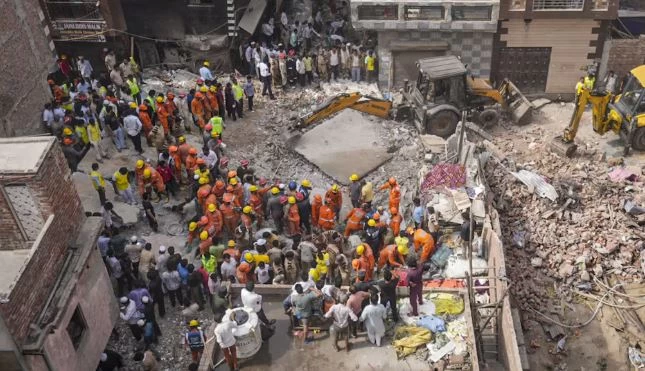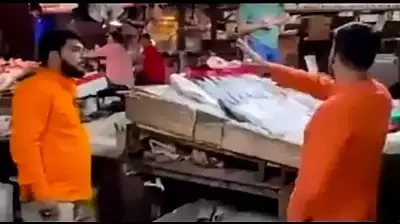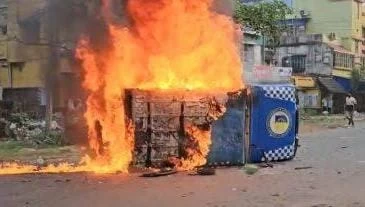Latest Updates
Supreme Court Dismisses Petition Seeking SIT Probe into Electoral Bonds Scheme, Calls for Use of Existing Legal Channels
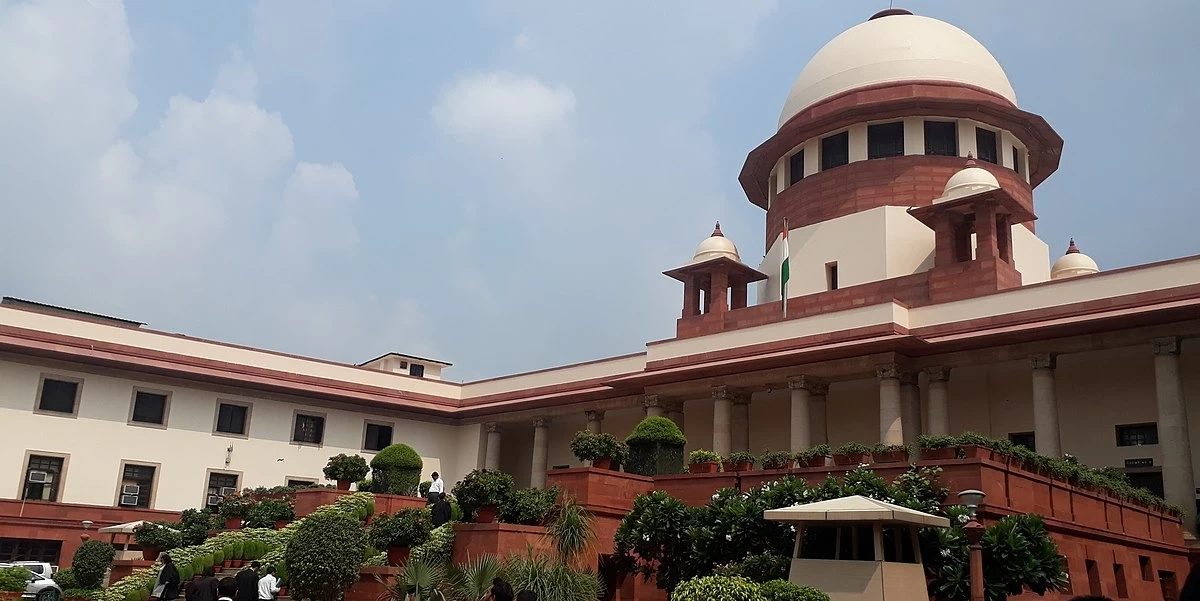
The Supreme Court on Friday dismissed petitions calling for a court-monitored Special Investigation Team (SIT) probe into the electoral bonds scheme. The petitions alleged that the scheme facilitated "quid pro quo" arrangements between political parties and corporate donors. Electoral bonds were invalidated in February. The court had previously ruled that the anonymous nature of funding through these bonds infringed on voters’ right to transparency.
The apex court ruled that grievances related to these claims should be pursued through existing legal remedies. “At present, absent recourse to remedies available in law, it would be premature and inappropriate for this court to interfere,” the court stated. It emphasized that intervention should only occur after these remedies have proven ineffective.
The issue resurfaced in the court with a batch of four petitions, including one seeking a SIT probe. Senior advocate Prashant Bhushan argued that a special inquiry was necessary due to the involvement of both the ruling party and major corporate entities. “There is a money trail of over ₹8,000 crore! For instance, IFB Agro paid ₹40 crore in bonds while facing issues in Tamil Nadu,” Bhushan claimed. He described the situation as “one of the worst financial scams in India’s history,” insisting that only a probe monitored by a retired Supreme Court justice could bring the truth to light.
The Supreme Court, however, was not persuaded and questioned the need for an SIT. “We ordered disclosure. We quashed the scheme. What will an SIT investigate now?” the court asked. Bhushan responded that the SIT should investigate potential quid pro quo arrangements and the individuals involved. The court expressed skepticism about the effectiveness of an SIT. “Can we appoint an SIT when there are remedies available in law?” Justice JB Pardiwala added, “You (Mr. Bhushan) said shell companies are involved... so what can an SIT do? What do you expect the SIT to accomplish?” noted CJI DY Chandrachud.




